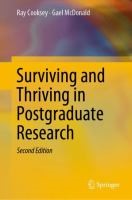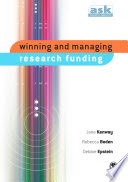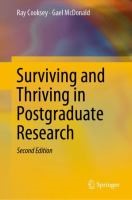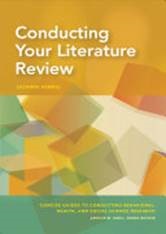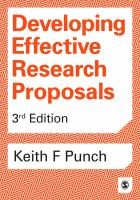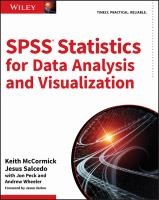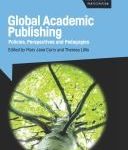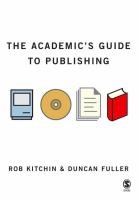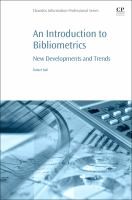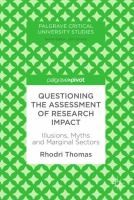Research Navigator
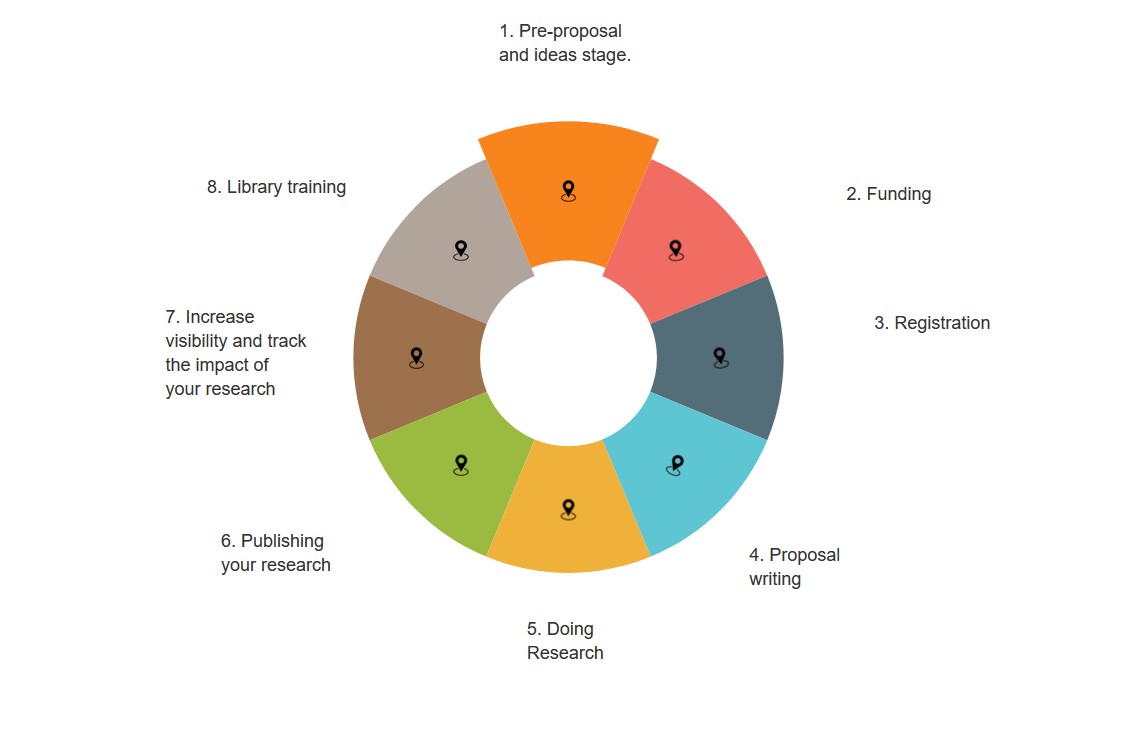
![]() With the ever-increasing volume of information, it can be challenging to navigate the different sources of research available to you. The UJ library Research Navigator provides useful information that is needed when undertaking research. Our hope is that the UJ library Research Navigator will be a helpful road map as you navigate the research landscape. We have used the analogy of a navigator, taking you to eight destination points. Each destination represents an important stage of the research cycle. The UJ library Research Navigator is designed to help you with the research process, from identifying a topic to publishing your research. It serves as an ideal starting point for your research and offers guidance on the relevant resources for your research journey.
With the ever-increasing volume of information, it can be challenging to navigate the different sources of research available to you. The UJ library Research Navigator provides useful information that is needed when undertaking research. Our hope is that the UJ library Research Navigator will be a helpful road map as you navigate the research landscape. We have used the analogy of a navigator, taking you to eight destination points. Each destination represents an important stage of the research cycle. The UJ library Research Navigator is designed to help you with the research process, from identifying a topic to publishing your research. It serves as an ideal starting point for your research and offers guidance on the relevant resources for your research journey.
Pre-proposal and ideas stage.
The pre-proposal stage involves generating a set of questions and ideas that will later determine the focus of your research.
What is the Pre-proposal stage?
Ideas for research problems or topics can arise from a range of sources such as:
- Personal or professional experience
Everyday personal or professional experience may lead us to identify a problem for which we would like a solution. Alternatively, we may encounter a question or questions that we would like to try and answer. - Theories
Theories are well-established principles that have been developed to explain some aspect of the natural world. Theories arise from repeated observation and testing and incorporate facts, laws, predictions, and tested assumptions that are widely accepted (e.g., rational choice theory; grounded theory; critical race theory) - Media
Media are the communication outlets or tools used to store and deliver information. The term refers to components of the mass media communications industry, such as print media, publishing, the news media, photography, cinema, broadcasting, and advertising. - Other research studies
Reading other research studies provides an important source for identifying current research in the area.
They also enable you to think about the structure of your research and will give you some idea of what you are working towards.
Creating a map of your research ideas is a strategy you can use whenever you need to come up with your research topic or to determine the research questions you could ask. Please see the video
![]()
What you should aim to achieve from the pre-proposal stage:
• A rough research question (what would you like to do)
• Why doing your specific research would be important
• An overview of research that has been done in your specific area of interest
The above should then be taken to your supervisor to begin the process of a research pre-proposal.
Please note that before you start with your proposal, you will need to apply for your pre-proposal within the department in which you would like to study. You can only do your proposal after the pre-proposal phase.
Useful Library Services
- Borrowing books.You have access to all the print and online information resources at the Library. A valid university card must be presented at the circulation counter for all the borrowing of the print
resources. Find quotas and loan periods applicable to various client groups here. E-books and articles are available for downloads. Find a video on downloading e-books here.
An additional video on downloading books from a library database called Overdrive is available here.
Please see the video on how you can search for articles. Please note that the video on finding articles is based on one of our many databases (EBSCOHOST).
Kindly contact your Faculty Librarian for information on your subject-specific databases. It will be helpful to visit the Library Lending page to learn about using the meeScan station for issuing books out to yourself. - Interlibrary and Intercampus loans
Intercampus Loans (ICL) is a service through which material held by one UJ campus library is sent to another UJ campus library for your convenience. Read more about this service here.
Moreover, the Interlibrary Loan department provides a service to researchers by obtaining material not owned by the University of Johannesburg libraries. Material is obtained from libraries in South Africa and abroad. If a desired item cannot be located in South Africa, you will receive a notification indicating the additional cost of an international request. Please click here for more information on Interlibrary Loans.You may submit your request for Interlibrary loans here - Library training: one-on-one consultations with a Librarian/ group training The library offers training in information retrieval and use of information sources. We offer a selection of training sessions to support you during the various stages of the research cycle. Please see our monthly workshop schedule here. You may contact your Faculty Librarian for training that is offered outside this schedule.
Useful Library Resources
- LibGuides: subject-specific guides created by the Faculty Librarians.
- UJoogle: a powerful Library search engine that allows you to search the UJ Library Catalogue and the databases all at one go. Click here to see a video on how to use UJoogle
- UJ Library Catalogue : a gateway to millions of print and electronic books (e-books). See this video on how to use the UJ Library catalogue.
- Databases A-Z: offer subject-specific searching for academic articles and electronic books. Please see the Faculty Subject Guides for the specific databases in your research area.
- South African / African research: Sabinet African Journals database and Africa-Wide Information
- UJ Thesis and Dissertations: Reading completed/previous Theses and Dissertations provides an important source for identifying current research in the area. Please see the YouTube video on how to find UJ Theses and Dissertations.
- UJ Research Data Repository: is a repository for the organization, storage, preservation, and sharing of data collected and used in a research project.
- Research alerts: researchers need to keep up-to-date with recently published information and developments. Using alerts can save you valuable time and help you stay current! You can specify search terms or journal titles within databases and/or search engines and results are delivered automatically via email. Please note that not all databases in all disciplines allow for alerts. Kindly contact your Faculty Librarian for information on how you can set up the alerts.
- Newspapers
For current, local & international online newspapers including the Sowetan, Saturday Star, Die Burger, Sunday Times and many more.
Click here for additional information on the pre-proposal stage (idea development)
Funding
There are so many different ways to fund a postgraduate study. Funding is not always guaranteed and you might need to consider applying to a wide variety of sources to make up the funding required to complete your research.
One of the things to consider when looking for funding is to contact the Faculty for the course you want to pursue. They might be able to advise you on any funding that is specifically attached to that course and provide you with the details of application procedures and deadlines. You should also contact the Postgraduate School as they have the details for NRF funding, supervisor linked bursaries and merit bursaries.
Typical sources of funding include:
- University Research Council funding
- Scholarships and bursaries
- Grants or loans from trusts and charities
- Local enterprise initiatives
- Company sponsorship
- Professional and career development loans.
Useful videos:
NRF application process
What makes a good research funding
application

Before submitting your proposal to the faculty research committee, you must register for the pre-proposal phase. Once your proposal is approved by the faculty research committee, you may
then proceed with the formal registration procedure. UJ Registration is done online. Click here to go to the UJ registration website.
Useful videos
Using UJ Online Registration Platforms
Prof Tshilidzi Marwala on
2019 Registration, 4IR and UJ Student Culture
Please click here for
additional information on the registration process.
Research Proposal
A research proposal is a concise and coherent summary of your proposed research. It sets out the central issues or questions that you intend to address. It outlines the general area of study within which your research falls, referring to the current state of knowledge and any recent debates on the topic. It also demonstrates the originality of your proposed research.
Research proposals contain summarised literature reviews. They must provide persuasive evidence that a need exists for the proposed study. A proposal describes the detailed methodology you will use for conducting your research. Additionally, your proposal also shows how your research meets ethical standards set by the UJ research ethics committee. It is important to include the theoretical lense or basis on which your research will be done.
If your research leads to the development of new products that have commercial potential, you will need to obtain intellectual property rights. Intellectual property rights help protect creations of the mind that include inventions, designs, trademarks, literary or artistic work, images, symbols, etc. These rights protect your creation or work from unfair use by others. The Technology Transfer Office is responsible for managing UJ’s inventions, and licensing or commercializing them to industrial partners. It guides the evaluation process, helps inventors to define the context of the invention and identify its commercial potential. Please contact Varonique De La Rey (vdelarey@uj.ac.za: 011 559 3747)
The actual format of the research proposal, as well as its contents can vary from study to study. However, a research proposal is made up of several elements. Useful information on the elements of a proposal can be found here. It is advised that you contact your Supervisor for a template that is specific to your Faculty.
Video: Writing a research proposal
Once your proposal has been accepted by the Higher Degrees Committee, you will need to start the process of doing your research i.e. doing your thesis /dissertation. Conducting research is an inquiry-based process that involves identifying a question, gathering information, analyzing and evaluating evidence as well as drawing conclusions. Choosing the right research method (which should be done at the proposal stage) is fundamental to obtaining accurate results. Research methods can be used to solve a problem or explore a question as part of a piece of work. They can also be a key part of writing a thesis or dissertation.
Doing research often takes certain approaches or methods namely qualitative, quantitative and mixed methods. Your choice of analysis method will depend heavily on your choice of research method. (New). The UJ Library provides tremendous support while you do your research. This section will help you to make the most of the available Library resources and point you towards the direction of useful tools (including software to analyze your data e.g SPSS and ATLAS Ti). Please note that data analysis software is available via the student portal (ULink) Please go to the UJ tools link when on the site.

Writing up your research
Once your proposal has been accepted by the department, you will need to start the process of writing your thesis. Writing up your thesis or dissertation requires special attention to structure, writing style, formatting, and academic integrity.
Thesis or dissertation structure: consult UJ previous theses or dissertations in your discipline and your supervisor.
There can be variations within disciplines.
Writing: Faculties have specific writing styles for writing, and citing. Please check with your supervisor. See the template for the HARVARD style and the APA style as well as the HARVARD reference quick guide. Please note that the Postgraduate School offers a range of workshops on writing. Please see the upcoming workshops here.
Reference management tools: save time by using EndNote to cite and create bibliographies. Academic integrity: when doing or writing your research, values of honesty, respect and responsibility must be observed at all times. Please use Turnitin to check for text similarities. It is available via the student portal (ULink)
Please click here for some advice on writing a journal article.
Why is it so important to publish your research?
- Publishing raises your profile, establishes you as a contributor in your field of research and may lead to opportunities for future collaborations.
- Publishing exposes your research to testing and scrutiny by others in your field.
- Publishing your research is a requirement and expectation of employment in academic and research institutions.
- Publishing helps you to establish your name in the academic field.
Questions you might ask yourself before publishing:
- What is my field of research?
- Where do key authors in my field publish?
- Which journals and publishers cover my research topic?
- Can I work from my thesis?
- Can I collaborate with an experienced researcher?
- Can I find these on a (journal) publisher’s website? E.g. aims and scope, editors, database indexing, submission guidelines, impact statement, acceptance rate, peer review process, article processing charges?
- What is the quality and reputation of the editorial/advisory board? Talk with colleagues, supervisor, mentor or peers about their publishing experiences.
- What are my author/creator rights and obligations? Who will be the first author?
- What if my publication is available on open access in an
institutional repository? - How accessible is the publication to others (open access, subscription)?
- Which publishing model is best for me? See green or gold
open access, or subscription? - Will I have to pay to publish? e.g. Article Processing Charge (APC) or Submission Fee?
- Which journals have a high impact or rating in my field? See: Journal Metrics See the Journal Metrics in Scopus or
ISI Web of Science. - Is the Journal you would like to publish in listed in the DHET accredited journal list? See the list here. Click on research publications and then on Accredited DHET Journal list when on the page.
- Do you want a presence in a particular database? e.g. Scopus
- Did I use the Think-Check-Submit checklist to make informed decisions on the quality, integrity and credibility of a journal or publisher?
- Could I be publishing in a predatory journal?
Maximizing the visibility of your research entails the promotion and dissemination of your research in ways that have the highest exposure and/or impact. This includes finding opportunities to present your research at conferences, making your research open access, publishing in high impact publications or making it freely available on the institutional repository
The benefits of maximizing the visibility of your research include:
- Widening your audience (general public, government, business, other scholars)
- Increasing your citation counts and improving your H-Index
- Generating greater opportunities for sharing and collaboration with others
- Showing optimal use of publicly funded research
- Increasing employment/promotion prospects
Ways to increase the visibility of your research
- Get a unique author identifier (ORCID) to distinguish yourself and your work from that of all other researchers. Register here and watch this video on how to populate your account
- Share outputs of your research: making all your publications, preprints, conference papers and research data publicly accessible will help to increase your visibility. Great places to make yourresearch outputs available openly are the UJ Institutional Repository and the UJ Research Data Repository
- Create and keep an up to date online profile or web CV on Google Scholar: a popular tool to showcase your research outputs alongside citations associated with these outputs. It also calculates some basic bibliometric indicators of impact such as h-index. Please see this videoon how to create your Google Scholar profile
- Engage in social networking communities: these services will allow you to create profiles, showcase your research outputs and identify communities of interest. They will also let you know of the impact of your activates in these networks, for instance, downloads of your publications or views of your profile. Examples are ResearchGate, Mendeley, Academia.edu and Kudos
Author impact analysis
An author’s impact can help scholars not only identify significant voices in their field but also provide an indicator of an author’s perceived value – by demonstrating where and how one’s work has been cited. There are a few ways to measure impact.
- Document Counts – the number of publications an author has authored
- Citation Counts – the number of times an author’s publications are being cited by other researchers.
- h-index – Author impact indicators can be found in the databases such as Scopus, ISI Web of Science and Google Scholar
Useful video: How to assess the author’s impact:
Web of Science Author Impact Beamplots are a new way of visualizing the citation performance of an author’s entire publication list in a single view. Please see this video
Library services for assessing research impact
The
Faculty Librarians can create bibliometric profiles (use of statistical methods to analyze books, articles, and other publications) for researchers and academics. These profiles assist you to understand the impact of your published research.
Other services related to research impact include: performing article citation analysis, finding your h-index and the impact factor of journals as well as helping you to identify possible collaborators for your research.
The Library offers a series of postgraduate workshops aimed at empowering you with the skills needed to identify and access information from different resources. Please see our monthly schedule of workshops here.
Please note that the Faculty Librarians also offer workshops specific to your Faculty. Contact your Faculty Librarian for inquiries. We have also created a series of videos to assist you in finding the relevant library resources. Please see the training videos below and find more here.


